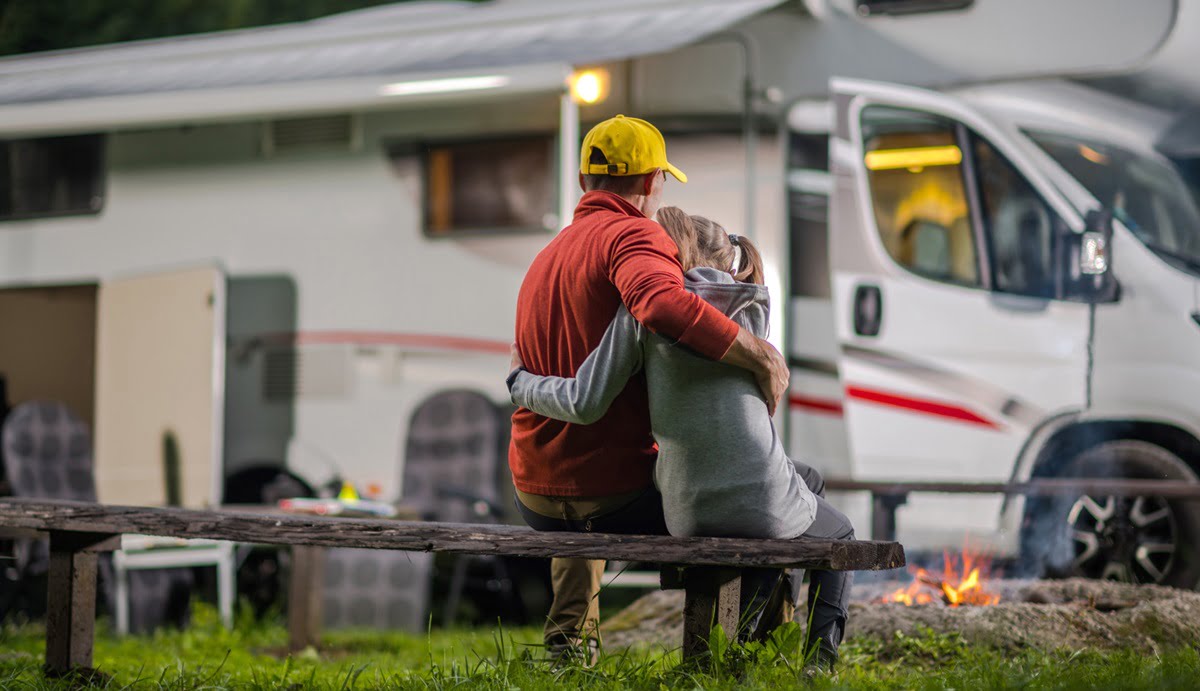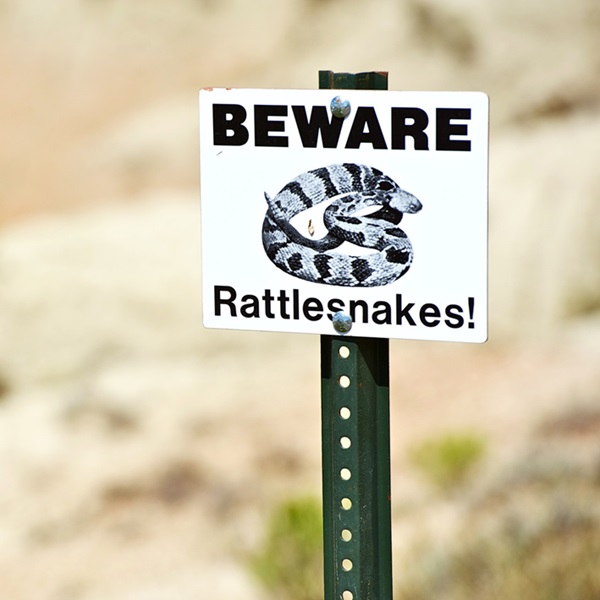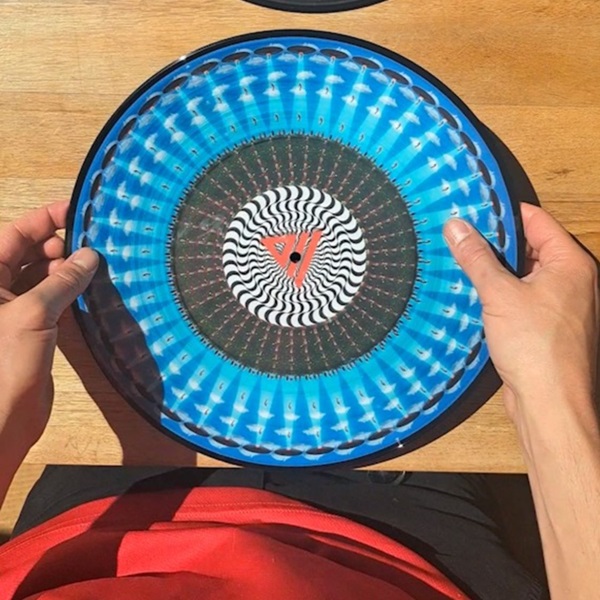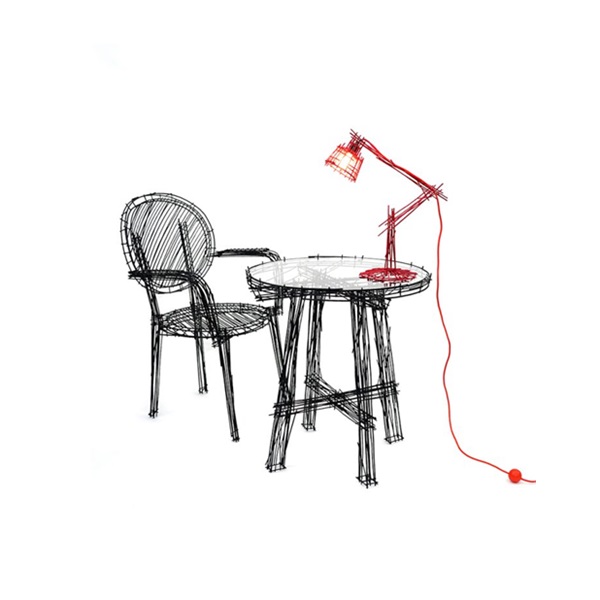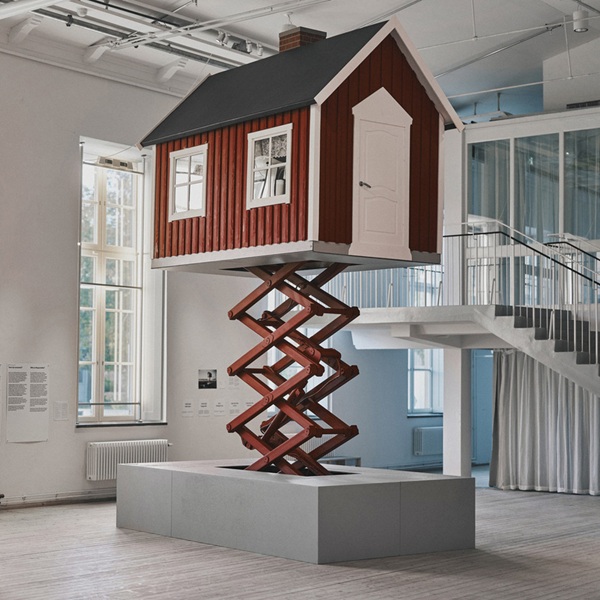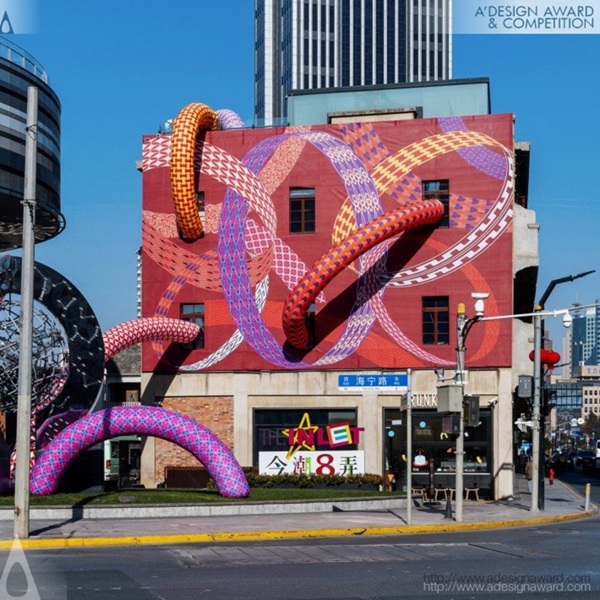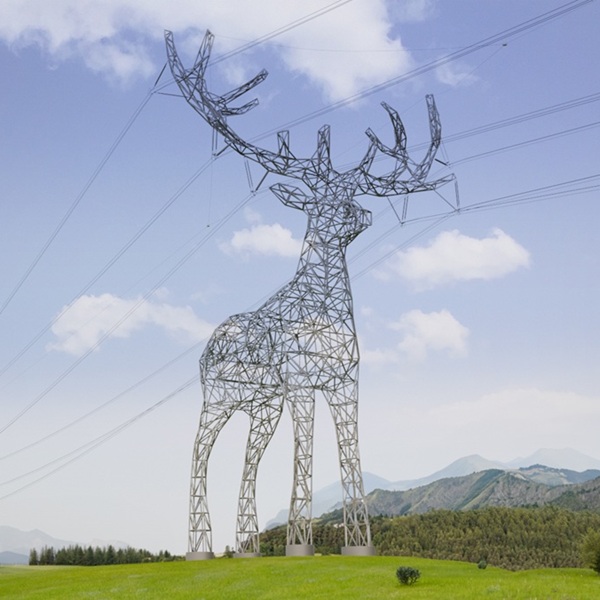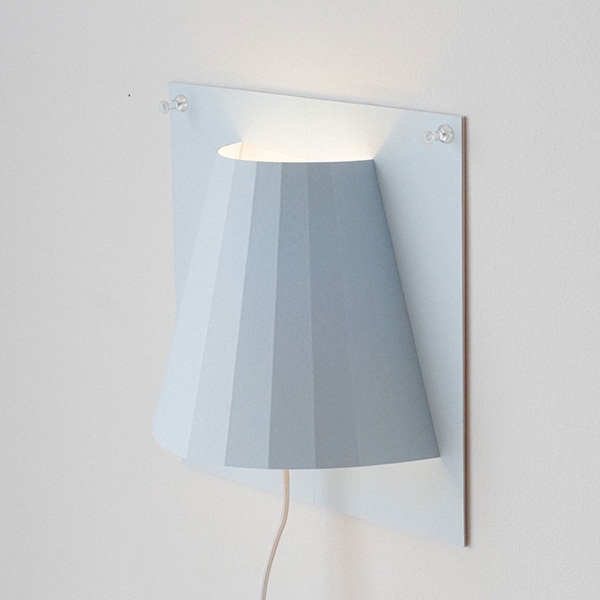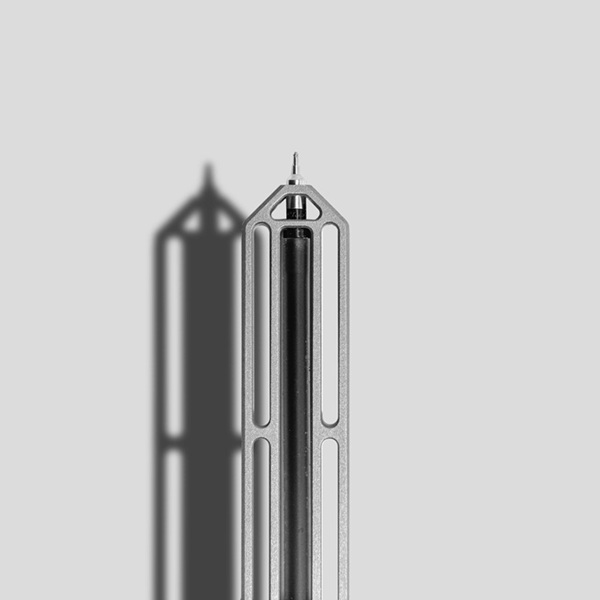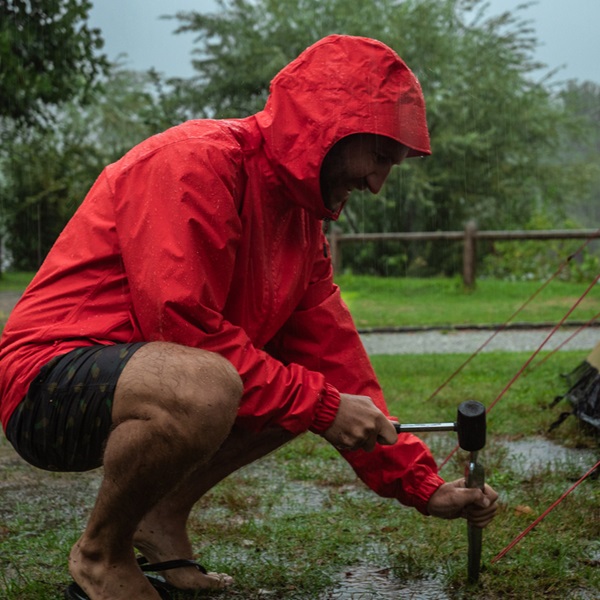
Discovering the ultimate strategies on how to keep mice out of camper is vital if you want a peaceful vacation. Because mice, with their knack for finding the smallest entry points, can turn your cozy retreat into a stressful ordeal.
Not only do they pose a health risk, but they can also cause significant damage to your vehicle’s interior and wiring. Even though RV camping offers a wide range of advantages, you need to be careful about other residents of nature.
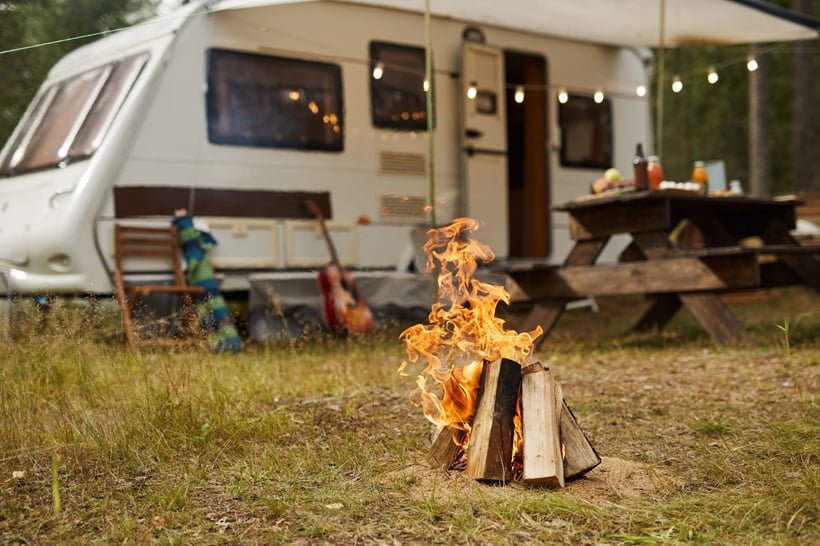
Why and How do Mice Get into Campers?
If you would like to keep mice out of your camper, you should first understand why these mice chose your camper as their new habitat. Some of the reasons how do mice get into campers can be summarized as follows:
Entry Points
Mice possess an uncanny ability to squeeze through the tiniest of openings. So it makes unsealed entry points a common reason for their invasion. Any gap larger than a quarter of an inch is an open invitation for these critters. For example, these entry points can include gaps in the camper’s flooring, vents, utility ports, windows, and doors. Their flexible skeletons allow them to exploit these vulnerabilities in campers seeking shelter or food.
Seeking Shelter and Warmth
In the camping world, it is really common to fight with mice or other animals. Because campers often provide the perfect shelter for mice, especially during the colder months, These rodents are constantly on the lookout for warm, cozy spots to nest and reproduce. The insulated walls and underbelly of a camper offer an ideal refuge from the harsh outdoor environment. This search for comfort and safety is a natural survival instinct.
Food and Waste
Mice have a keen sense of smell and are attracted to food sources and waste. For instance, leftover crumbs, unsealed food packages, or even traces of food on dishes can lure mice into campers. Additionally, improperly disposed of or stored waste can act as a beacon. Therefore, they draw these pests into your living space. This attraction to food and waste emphasizes the importance of maintaining cleanliness to avoid unwanted visitors.
Ventilation Systems and Openings
The ventilation systems in campers can also serve as gateways for mice. These systems often have external openings that are not adequately protected with screens or filters. Therefore, these openings make it easy for mice to navigate their way inside. Once they have discovered these access points, they can move throughout the camper’s interior, causing havoc.
Seasonal Habits and Migration
Understanding the seasonal habits and migration patterns of mice can shed light on why they may invade campers. As the seasons change, so do the nesting and foraging behaviors of mice. During the colder months, the quest for warmth can drive them indoors. Conversely, in the warmer months, they might seek shelter from the heat or predators. This seasonal movement contributes to the likelihood of finding mice in campers throughout the year.
How to Keep Mice Out of Your Camper?
It is of utmost importance to figure out how to keep rodents out of RV. Because your whole peaceful vacation in nature can be ruined by the existence of unexpected guests. If you follow the following tips about how to prevent mice in RVs, you can successfully complete your vacation.
Mousetraps
Mousetraps are one of the most traditional and effective methods for controlling mouse populations. Placing them strategically inside your camper, especially near potential entry points and food storage areas, can help catch unwelcome guests.
Whether you opt for snap traps, live traps, or glue traps, regular monitoring and replacement are essential for maintaining their effectiveness.
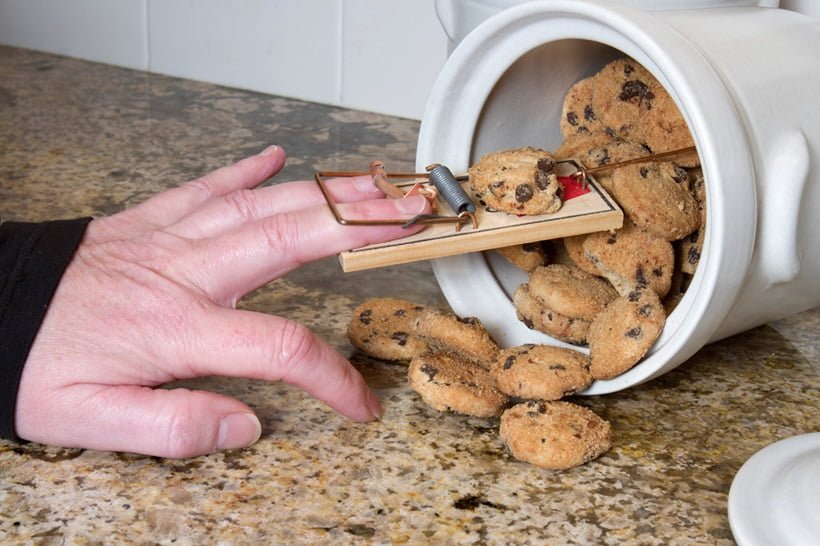
Steel Wool
Using steel wool to block the entry points is a practical and inexpensive method to keep mice out of camper. Mice are unable to chew through the tough fibers of steel wool. Therefore, steel wool is an excellent material for sealing gaps and holes. You should pay special attention to areas where pipes and wires enter the vehicle, filling these gaps securely. Implementing this tip is a proactive measure in the quest for how to keep mice out of campers.
Keeping Mice Out of RV by Sealing Entrances
Sealing all possible entrances with durable materials can be one of the best way to keep mice out of camper. You can consider utilizing silicone-based sealants, metal screens, and foam insulation to cover any cracks, vents, or openings for mice deterrent RV purposes.
Ensuring your camper is tightly sealed not only helps with RV mouse repellent but also improves energy efficiency. This preventive strategy is fundamental to understanding how to keep mice out of camper effectively.
Electronic Mouse Deterrent for RV
Electronic deterrents can be a great help in how to keep mice out of a RV. Because, this type of deterrent offers a humane and non-toxic way to keep mice at bay. In addition, these devices emit ultrasonic sound waves or electromagnetic fields that are disturbing to mice but not harmful to pets or humans. Placing these deterrents throughout your camper can create an unwelcoming environment for rodents, reducing the likelihood of their intrusion.
Fresh Cab
You can repel mice from RV with fresh cab, which is a botanical rodent repellent campers have found effective. Fresh cab as an RV mouse deterrent is a blend of plant fibers and essential oils; it emits a smell that is pleasant to humans but repulsive to mice. You can keep mice away from your camper by placing these pouches in strategic areas within your camper.
Peppermint Oil
Peppermint oil is another natural method of RV mice repellent. Campers know peppermint oil for its strong scent, which mice find unpleasant. Soaking cotton balls in peppermint oil and placing them in areas prone to mice can help keep them away. Regular replenishment of the oil is necessary to maintain its effectiveness, making it a fragrant solution in the battle against camper-invading rodents.

Food Storage
You can find the best camper mice repellent. But if you do not store your food properly, you will draw the attention of the mice outdoors. You should store all food in airtight containers and avoid leaving crumbs or food scraps around. In addition, keeping your camper clean and free of accessible food sources significantly reduces its attractiveness to mice. Food storage aligns with the goal of how to keep mice out of campers.
Mice Prevention in RV by Parking on Concrete
Parking your camper on concrete rather than grass or dirt can also help mouse deterrent for campers. Concrete surfaces offer fewer hiding places and are less appealing to mice as a pathway into your camper. This simple yet effective strategy can be part of a comprehensive approach to mice RV prevention. Even though parking on concrete cannot be the only solution for prevention mice in RV, it can be an effective way to feel secure.
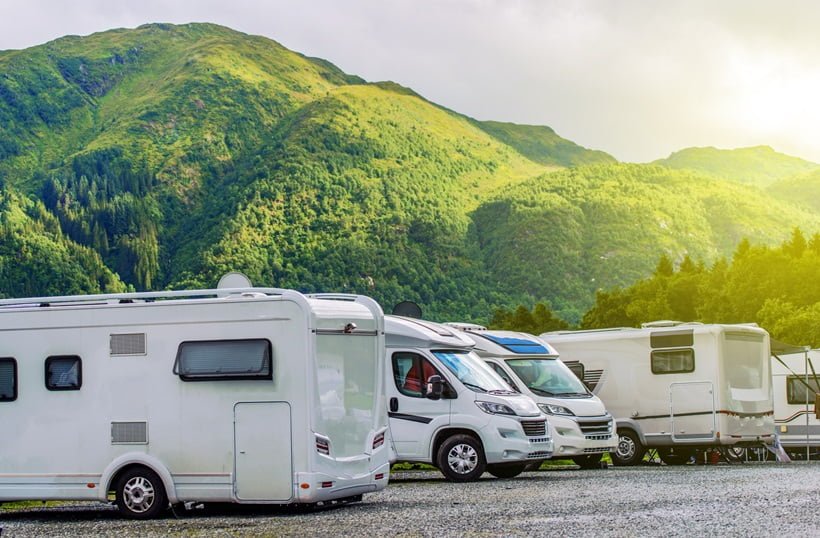
Implementing these tips can significantly contribute to maintaining a mouse-free camper. In addition, these tips can allow you to enjoy your travels without the added worry of rodent intruders.
What About Pests Other Than Mice?
Beyond mice, campers can encounter a variety of pests that can compromise their comfort and safety. From buzzing mosquitoes to curious raccoons, each pest presents its own set of challenges. Some of the pests you should take into consideration before setting out are as follows:
Mosquitos
Mosquitoes are not only annoying but can also pose health risks through the diseases they carry. To keep them at bay, ensure your camper is equipped with mesh screens on windows and doors. Using natural repellents like citronella candles or essential oils such as lavender and eucalyptus can create an unwelcoming atmosphere for these pests.
Ants
Ants can quickly become a nuisance, particularly when they find their way to your food supplies. Maintaining cleanliness is crucial; wipe down surfaces regularly and store food in sealed containers. Natural deterrents like vinegar or peppermint oil sprays around entry points can discourage ants.
Raccoons
You may like raccoons for their intelligence and dexterity. Because in the movies, they are actually lovely animals. However, in real life, you should know how to deal with them. To deter raccoons, secure your garbage and food in sturdy, locked containers. Motion-activated lights or sprinklers can startle and scare off these nocturnal visitors.
Spiders
While spiders play a role in controlling other pests, their presence inside your camper can be unsettling. Keep spiders out by sealing cracks and crevices, regularly cleaning to remove webs, and using essential oils like peppermint, which acts as a natural spider repellent.
Incorporating these strategies into your camping routine can enhance your outdoor experience. These strategies can definitely allow you to focus on the joys of camping without the inconvenience of unwanted pests. A proactive approach to cleanliness, combined with the strategic use of natural deterrents, can ensure your camper remains a sanctuary amidst the beauty of nature.

